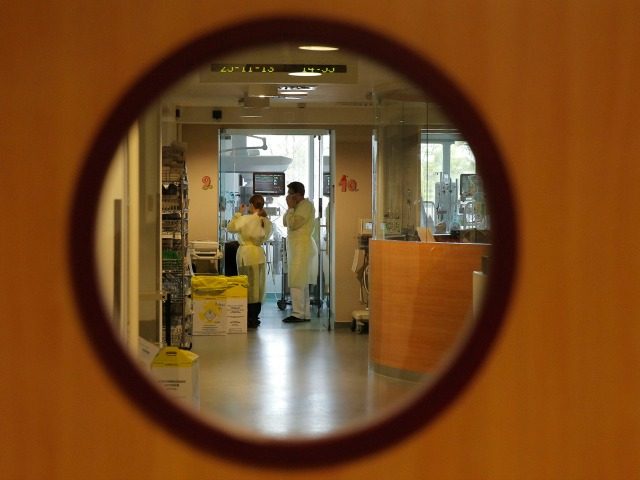New Jersey’s assisted suicide law goes into effect Thursday, allowing terminally ill patients to request a prescription from their doctors that would aid in ending their lives.
The law, which took eight years to pass in the state until Democrat Gov. Phil Murphy signed it in April, allows New Jersey residents with a terminal, incurable diagnosis that would end the person’s life in six months to request a prescription medication that would end their lives.
Patients would be required to ask their doctor twice in 15 days and submit a written request witnessed by two people stating that they are “fully informed” of alternatives, including palliative care and pain control.
Patients would also require their diagnosis to be verified by a second physician, and potentially a mental health professional.
Despite the hurdles, some terminally ill patients backed by the national nonprofit Compassion & Choice say the law “provides peace of mind.”
“I firmly believe in this law, and I had the ability to speak out, to represent a group of patients who are terminally ill and don’t have the strength,” Susan Boyce, 56, of Rumson, told NJ Advance Media.
“This law provides incredible peace of mind to people in my situation, knowing they have this option within reach,” Boyce said. “It does a lot to counteract the fear and uncertainty about what the end is going to be like, and are you going to be able to stand it.”
The law is gaining momentum in several states— including Oregon, Washington, California, Vermont, Hawaii, and Colorado— and state health department records show that 3,478 people have died using assisted suicide methods since the law was passed.
But despite the law’s momentum, leading medical groups are speaking out against the practice, saying it is “incompatible with the physician’s role as healer.”
“Physician-assisted suicide is fundamentally incompatible with the physician’s role as healer, would be difficult or impossible to control, and would pose serious societal risks,” the American Medical Association (AMA) wrote in May.
But at the same time, the AMA backtracked, adding that “physicians should have considerable latitude to practice in accord with well-considered, deeply held beliefs that are central to their self-identities.”
The Medical Society of New Jersey also took a stance opposing the law after taking a vote in May, but included a set of guiding principles that would reduce suffering and allow more patient choice.
“While it’s legal, the profession is not there yet,” Medical Society of New Jersey Executive Director Larry Downs said. “It’s not appropriate for doctors to engage in anything that hastens death.”

COMMENTS
Please let us know if you're having issues with commenting.